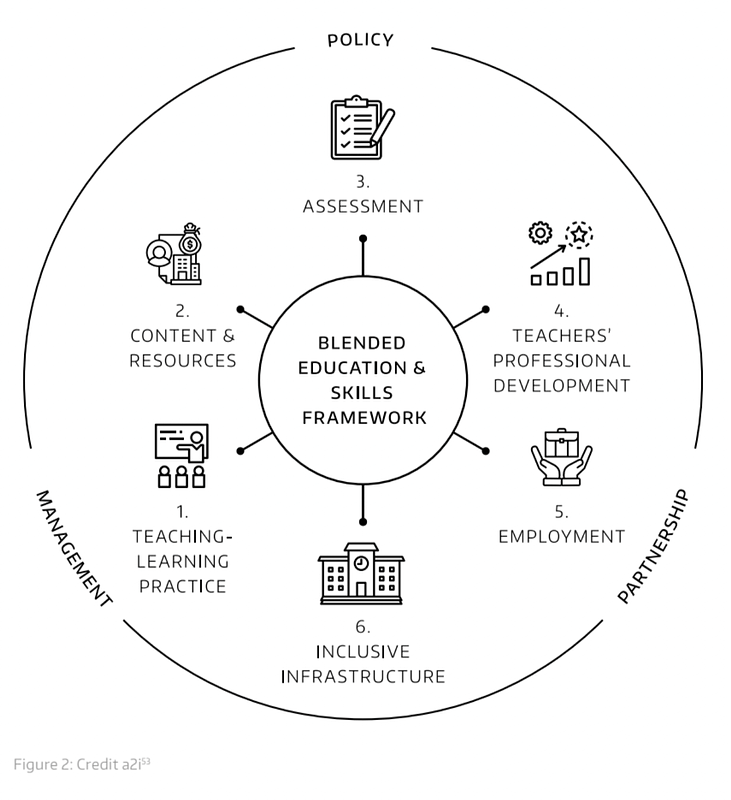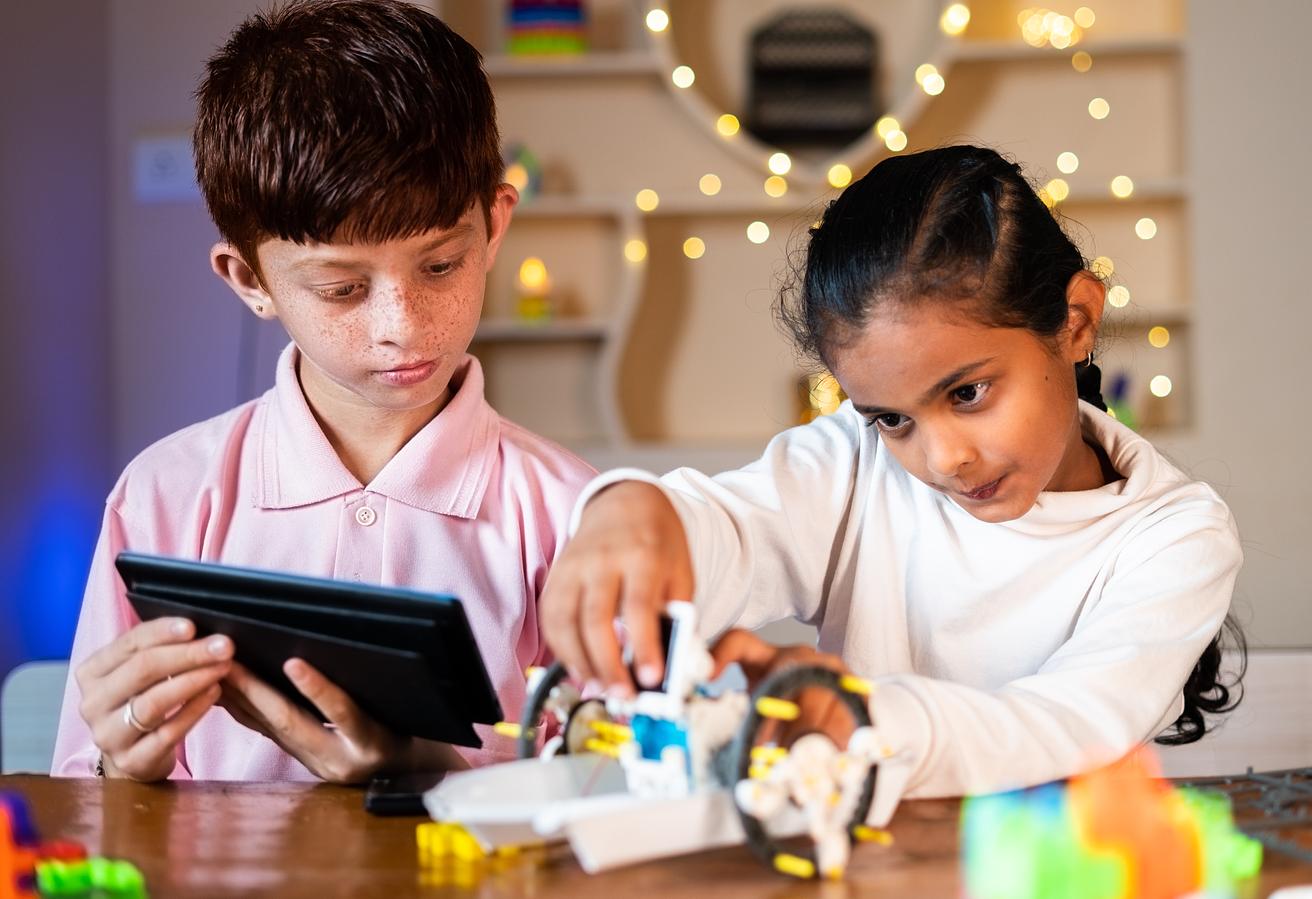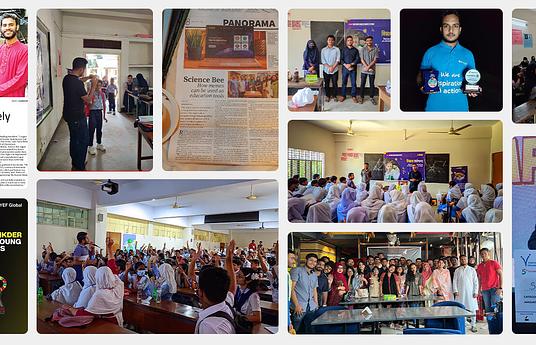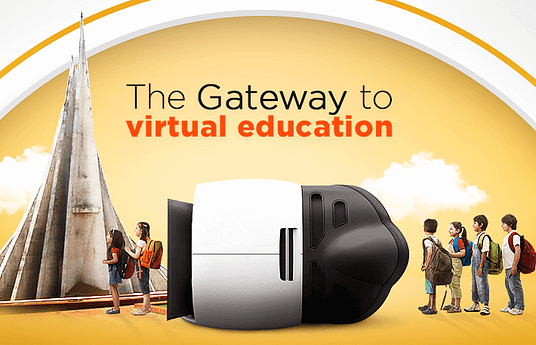In this Spotlight, we received 168 innovation submissions which were reviewed by the HundrED Research Team and EdTech Hub for thematic and regional relevance as well as for impact and scalability. A shortlist of 32 innovations were selected and reviewed by an Advisory board of 28 experts in education from 15 different countries. The Advisory board conducted a total of 423 reviews based on the criteria of impact and scalability, leading to a final selection of 15 innovations.
Education in Bangladesh
Although Bangladesh has experienced significant improvements in access to education and literacy over the last decade, there are still persisting challenges that require attention. There is an increasing number of children dropping out or remaining out of school, especially children from marginalised communities. Girls are disproportionately affected as 49% of girls between the ages of 15-19 are married or in a marital commitment. Boys are also affected as many are required to drop out of school to financially support their families.
“Bangladesh has a huge education sector and EdTech is the fastest way to reach [teachers and students]. It would be unfair to not utilise this great resource in this day and age.”– Azwa Nayeem, Founder & Chairperson, Alokito Teachers
In addition, Bangladesh hosts nearly one million Rohingya refugees from Myanmar, one of the largest and most prolonged refugee situations in the world. This population faces barriers to gaining a quality education, with challenges including language barriers and uncertain futures.
Finally, while Bangladesh’s main source of economic growth has been driven by the textile industry where a large proportion of labour is fueled by unskilled workers, the Bangladeshi Government sees this as unsustainable to maintain and expand their competitive advantage in the international market. Therefore, they are prioritising educating their citizens to upskill their country’s labour force. Bangladesh seeks to implement a nation-wide blended learning strategy - a combination of face-to-face and online learning that allows for more personalised learning opportunities.

EdTech Sector in Bangladesh
The EdTech market in Bangladesh is estimated to grow significantly in upcoming years as a result of the support of government measures promoting development of the sector, including improved internet penetration and the embracing of technology in education. The target group of many EdTech companies is also shifting from students in higher education to all stakeholders in the basic education sector.
“If carefully used, EdTech can help reach learners marginalised by poverty, gender, language, disability, displacement, and being out of school.” - Edtech Hub
Nevertheless, the growth of this sector in Bangladesh is not without challenges - not all students have access to technology and technology is changing rapidly. To bridge this digital divide, EdTech innovations will need to invest in devices designed for longevity, provide regular technological assistance, and consistently adapt to stay up to date and relevant.
Selected Innovations
- Alokito Teachers
- BRAC Play Labs
- BYLCx
- CholPori
- Connection beyond camps: Digital education for Rohingya refugee children
- Digital School Program
- ELAN - Enhancing Literacy and Numeracy
- Konnect
- Last Mile Learning
- MathTronics
- NERDIZ
- Rangeet
- Science Bee
- Teacher's Portal
- The Trainer in your Pocket - transforming teaching through mobile video
For more information, check out the Spotlight on Edtech: Bangladesh report.


